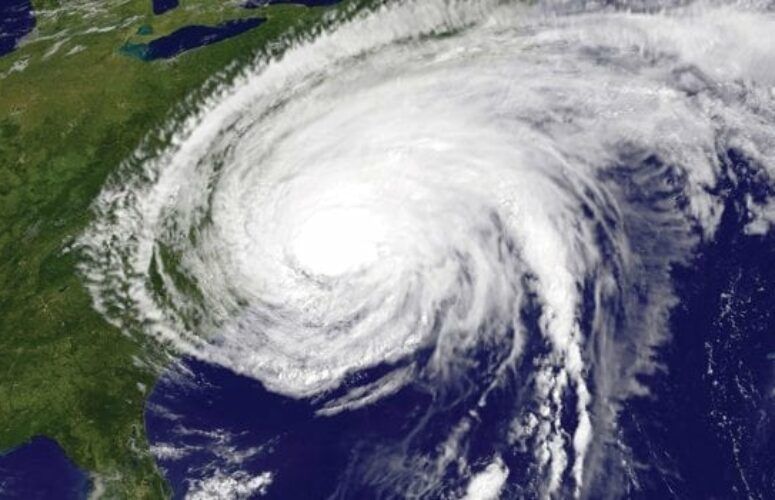
Seven Ways New Jersey Business Owners Can Plan Ahead for Hurricane Season
By Don Newman, Director of Small Business Advocacy, New Jersey Business Action Center (BAC) On Aug 16, 2017The National Oceanic and Atmospheric Administration is calling for an above average hurricane season in 2017. Five tropical storms have already developed this year, including Tropical Storm Emily, which damaged businesses in Florida.
As the height of hurricane season approaches, is your business prepared for power outages, flooding, property damage, lost work time and more? The longer your business is not operating, the more likely you are to lose customers permanently to your competitors; in fact, up to 40% of small businesses never re-open after a disaster.
No one wants to consider these misfortunes happening to their business, but with advance planning, businesses will be in a much better position to survive a natural disaster. The New Jersey Business Action Center has seven strategies to help small businesses ride out the next big storm:
- House documents on the cloud, not your office computer: Most businesses keep on-site records and files that are essential to normal operations. To reduce your vulnerability, determine which records, files, and materials are most important, and back them up. These may include income tax forms, accounting software files, customer contact lists, insurance policies, strategy documents and passwords. From there, save these files on the cloud so you can access them from anywhere.
- Keep office property secure: Raise computers above the flood level and move them away from large windows; move heavy and fragile objects to low shelves, and secure equipment that could move or fall during a heavy storm. In addition, hire a cyber security expert to make sure your systems are secure and virus free. Protect your most important documents, credit card numbers, email correspondence and more by hiring an expert to set up a secure system well in advance.
- Plan for business continuity: Establish a clear plan for decision-making if you or your business partners are incapacitated. Ensure passwords as well as keys, alarm codes, phone forwarding, etc., are provided to trusted employees in the event of a disaster. Consider financial obligations you will have during interruption, such as payroll and debt service, and ensure a system is in place to pay bills electronically. Establish a social media presence for your business and use it to communicate with your customers and suppliers about your business’ status.
- Make sure your insurance is current: Review your commercial insurance coverage with an agent or your insurance center; specifically check the status of your business’s interruption insurance. If disaster occurs, you can file a business interruption insurance claim detailing any lost income. For insurance and tax purposes, be sure to maintain written and photographic inventories of all important materials and equipment, and store in a safety deposit box if possible.
- Consider installing an emergency generator: Powerful storms may cause power disruption and leave your business vulnerable. Even businesses that are not severely damaged by a storm can suffer losses because of the interruption of normal operations or the loss of perishable stock. Back-up power generation will help protect your data, your perishable inventory and speed the process of getting your business back up and running.
- Identify a backup location: If the primary location of your business is destroyed or severely damaged, you should identify a backup destination where employees can congregate and clients can visit. This will help create a sense of normalcy and ensure clients that all is well. Backup locations could range from a local coffee shop to a large garage or dry basement with Wi-Fi access.
- Don’t forget simple planning: Sometimes the simplest emergency plans are the most effective. Always have extra sets of batteries for when power goes out and critical electronics need to be kept running. Important files should have a written backup somewhere in a safe and secure location like a safe or metal filing cabinet. Have a disaster supply kit handy that includes a battery-powered radio to access National Weather Service information, a battery-powered electronic device charger, a first aid kit, a fire extinguisher, flashlights, extra batteries, waterproof plastic bags and more.
Although we can’t prevent man-made or natural disasters, business owners can take proactive measures to minimize disruption and reduce loss so you can return to normal operations as soon as possible.
Related Articles:





